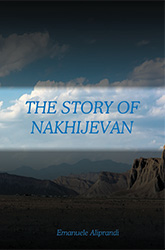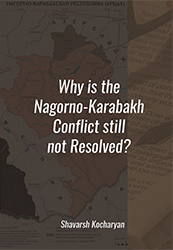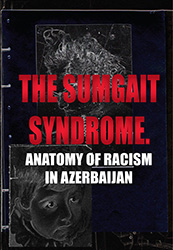[New York Times] Two Steps Backwards in the Caucasus
By PETER RUTLAND
Published: September 10, 2012
In recent days there have been two symbolic events that run the danger of igniting hostilities in an already tense neighborhood of the Caucasus.
On Aug. 31 a former Azerbaijan Army lieutenant, Ramil Safarov, flew back to Baku after serving eight years in a Budapest jail for killing Gurgen Margarian in 2004. The victim, an Armenian officer, had been a fellow participant in a NATO Partnership for Peace exercise. Safarov hacked him to death in his sleep with an ax.
The Hungarian government transferred the prisoner to Azerbaijan on the understanding that he would serve out the rest of his life sentence in his home country. But immediately upon his arrival in Baku, Lieutenant Safarov was pardoned by President Ilham Aliyev, restored to military duties, promoted to major, given an apartment and awarded back pay for his time in prison. These actions drew universal condemnation from Washington, Moscow and European governments.
read more











